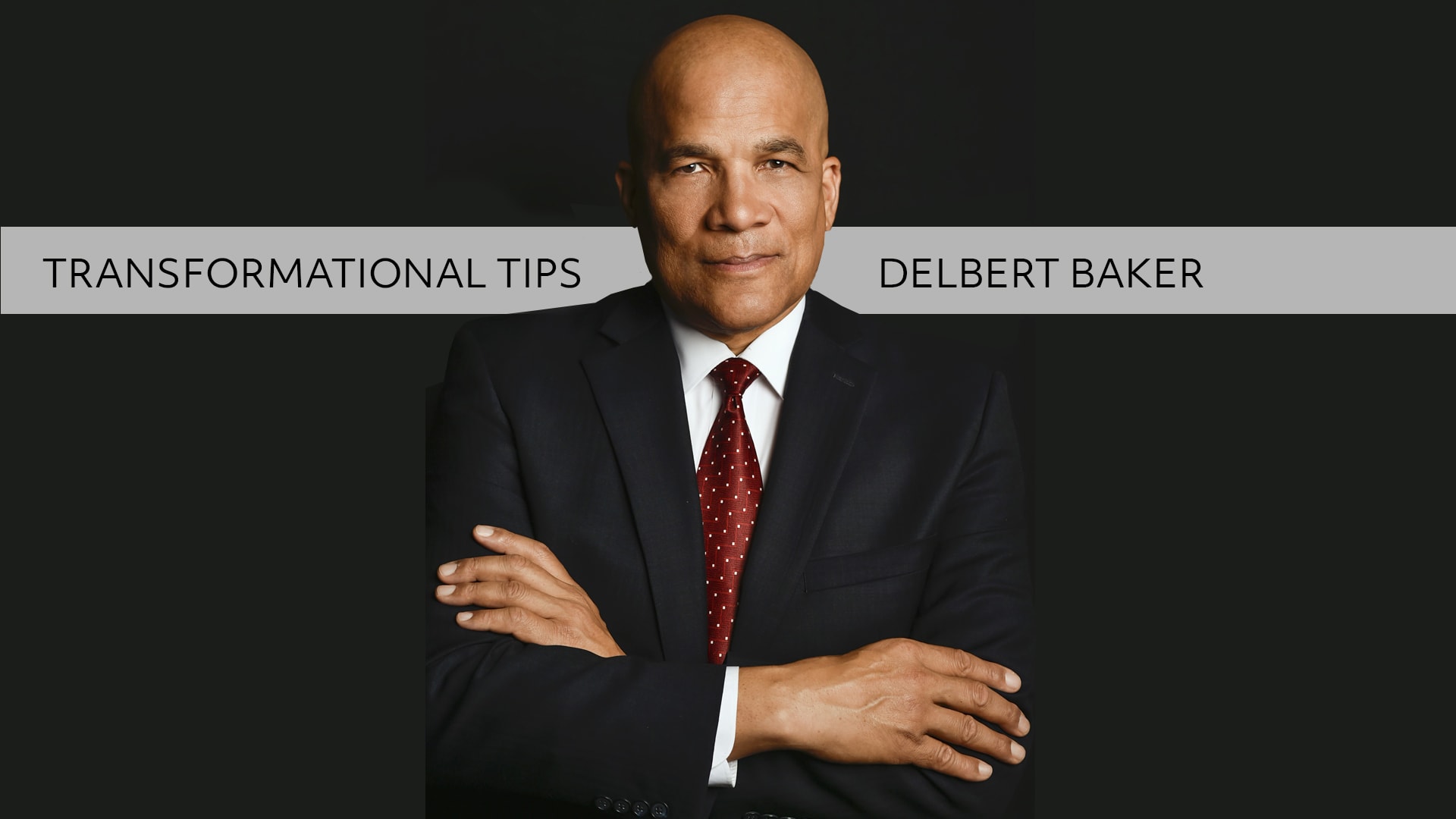
Discontentment is a weighty load to carry. It clouds the day, haunts the night, and burdens the mind. On the other hand, contentment brings rest, calm, and continuing fulfillment. Contentment expels discontentment with quiet serenity.
God loves a cheerful giver, but He also loves a cheerful liver. A contented believer strives to be thankful to God, despite their circumstances (1 Thess. 5:18). Such a person has developed the art of appreciating God’s providence and being grateful, in the best and worst of times.
Ellen White notes: “Pure religion brings peace, happiness, contentment; godliness is profitable to this life and the life to come.”1 While contentment means trusting God regardless of circumstances, there is a healthy discontent that should be encouraged: personal discontentment with ourselves that motivates us to self-improvement and greater usefulness to God and others (Phil. 3:14, 15).
Contentment Versus Happiness
Contentment is sometimes mistakenly viewed as happiness. Happiness is a short-term emotion typically characterized by delight, lightheartedness, even laughter. Alternately, contentment is a long-term stable state of fulfillment, peace, and confidence that engenders an attitude of satisfaction, regardless of circumstances.
Christ developed an attitude of contentment to its highest level. “In the heart of Christ, where reigned perfect harmony with God, there was perfect peace. He was never elated by applause, nor dejected by censure or disappointment. Amid the greatest opposition and the most cruel treatment, He was still of good courage.”2
Steps to Contentment
How can we develop a contentment growth mindset? Paul deliberately trusted in the providence and presence of God, whatever the situation. He passionately believed that all events and circumstances work out for the good of believers, in this life and the life to come (Rom. 8:28).
Paul clearly delineates the core principles of contentment mastery:
The Awareness Mindset. Honestly assess your contentment status, noting your strengths and weaknesses. Accept the fact that contentment is an intentionally “learned” skill. Its “secret” is ongoing development, implemented throughout life with patience and persistence (Phil. 4:11, 12).
The Attuned Mindset. It takes your choice and will to be content. Make an habitual practice of gaining control over your thoughts (2 Cor. 10:5). This will happen by the cooperation of your will combined with God’s help. “I can do all things through Christ” (Phil. 4:13).
The Actuated Mindset. Guard against external worldly allurements, internal lusts, a fearful spirit, and other strategies of Satan to create discontentment. The contentment lifestyle is nurtured by prayer, Bible study, humble service, and a faithful partnership with the Spirit (Heb. 13:5 and Eph. 6:10-18).
When we follow this spiritual formula for contentment, through Christ, we will be successful in this life and the life to come. Commit to the commitment formula today.
1 Ellen G. White, Our High Calling (Washington, D.C.: Review and Herald Pub. Assn., 1961), p. 242.
2 Ellen G. White, The Desire of Ages (Mountain View, Calif.: Pacific Press Pub. Assn., 1898, 1940), p. 330.